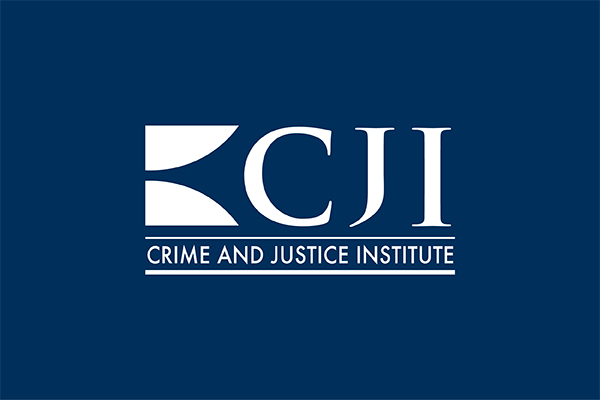
SALT LAKE CITY — After a year-long policy development process, with the support of the Public Safety Performance Project of The Pew Charitable Trusts and the Crime and Justice Institute at CRJ (CJI), Utah adopts comprehensive criminal justice reform.
On April 9th, Utah Governor Gary Herbert signed comprehensive criminal justice reform into law, ushering in an approach to criminal justice and offender rehabilitation that improves public safety, invests in community-based treatment and reduces corrections costs. House Bill 348, passed unanimously in the Utah Senate and with only 3 dissenting votes in the Utah House, was the result of a 12-month process where the Utah Commission on Criminal and Juvenile Justice, working with experts from the Public Safety Performance Project of The Pew Charitable Trusts and the Crime and Justice Institute at CRJ (CJI), developed a set of 18 recommendations to improve various parts of the state’s criminal justice system.
According to the experts from Pew and CJI, Utah’s prison population had grown 18 percent in the past ten years and was projected to grow another 37 percent over the next 20 years. This growth was projected to cost in excess of $500 million. The Commission recommended sweeping changes to Utah’s sentencing laws, how it supervises offenders and prepares them to return to the community, and the quality of treatment and related services. The legislature adopted all of the recommendations and, if implemented effectively, will eliminate 95 percent of the projected prison growth and invest funds from averted costs into community-based programs and better supervision practices.
Among the major accomplishments in the bill is the reduction of all drug possession offenses from felonies to misdemeanors until the third conviction, the reduction of drug-free zones from 1,000 feet to 100 feet and the elimination of locations that are not children-centered from sentence enhancements, the creation of graduated sanctions to guide supervision officers in their response to probation and parole violations, and treatment standards and a certification process for treatment providers serving people released from prison, on probation or parole or in jails.
Utah is now beginning a multi-year implementation process and will have technical assistance from CJI for the next three years.